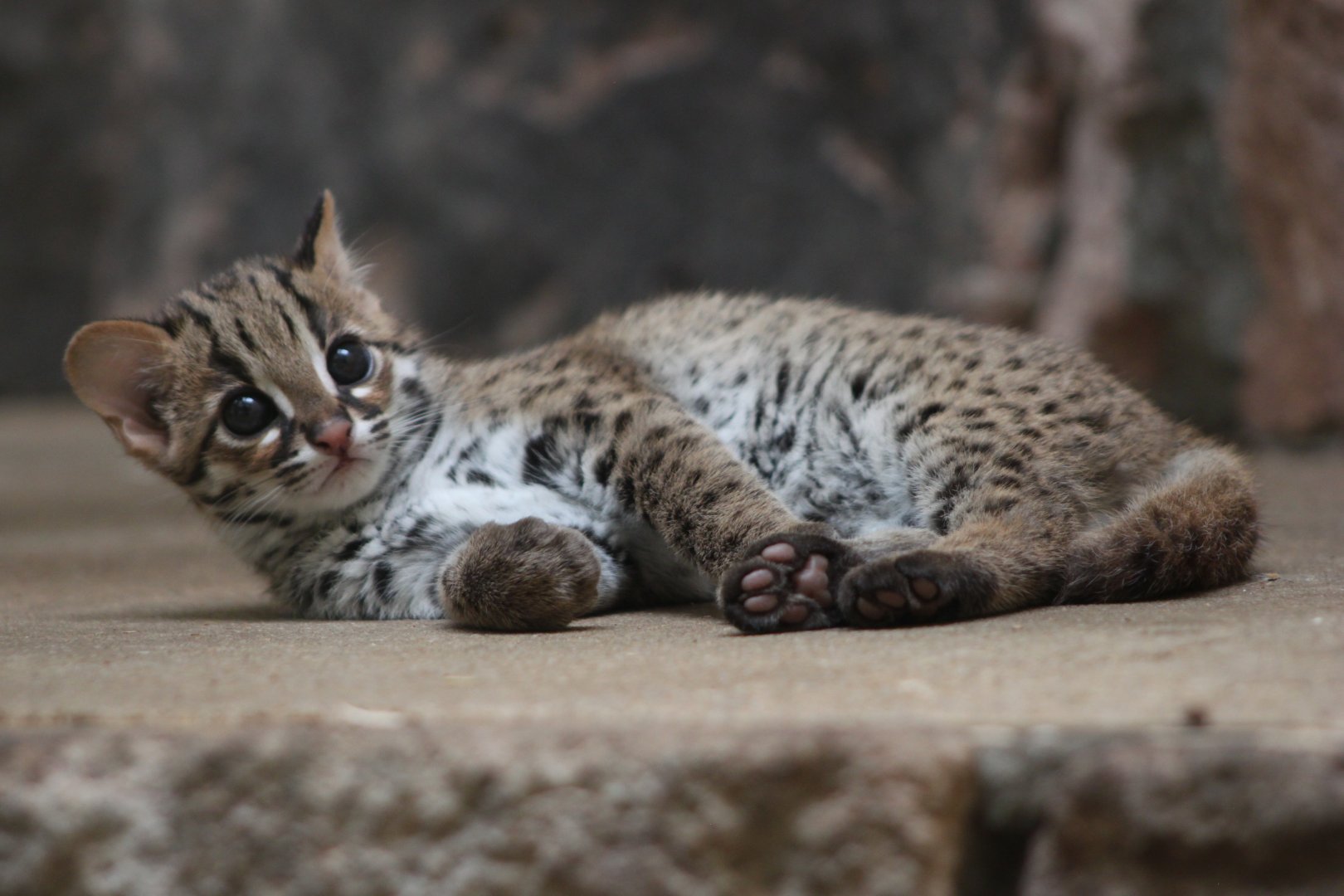In China, capybaras have become the spirit animal of many young people.
Celebrated for their calm, chilled-out appearance, capybaras have captured the hearts of millions of young netizens. On social media platform Xiaohongshu, the hashtag #卡皮巴拉 (kapibala), which transliterates the South American rodents’ English name into Chinese, has amassed over 196.6 million views and spurred the creation of 43.3 thousand posts.
Depending on your personal preference, capybaras may be considered cute. But much of the fascination with them stems more their character traits. Despite being the world’s largest rodents, these herbivores are non-threatening to other animals and sustain themselves on various plants. Instead, as social creatures, capybaras are known for their ability to establish friendly relationships with animals of other species. These properties are hence highly admired by members of younger generations, who view capybaras as symbols of calmness and emotional stability.
For young people, the capybara represents a relaxed state of life and an unbreakable self-stability.
One Xiaohongshu user shared, “For me capybaras represent a certain attitude towards life. They have a sense of relaxation that is almost indifferently laid-back, as if they are untroubled by the concerns of life and death.” This post has received over 19.7 thousand likes.
Other popular videos on Xiaohongshu showcase capybaras remaining calm under various kinds of external pressure. For example they endure heavy rainstorms or fail to react having objects like rocks and oranges placed on their heads.
One such video depicts a capybara serenely walking through a torrential downpour. The poster commented, “I really need the capybara’s mindset. It moved so peacefully through the rain and wind as if they didn’t bother it at all.”
The viral popularity of capybaras has given rise to the emergence of Túnmén (豚门), an online community for capybara-lovers.

Following the trend of zodiac signs and MBTI (Myers–Briggs Type Indicator) personalities, ‘men’ have become a new way for young people to identify which each other online. Though the character literally means gate, here its use is inspired by the religious term ‘Amen.’ Netizens have adopted this word to express enthusiasm for various interests, with Màimén (McDonald’s fans) being a notable example.
The rise of the capybara to stardom can largely be attributed to the song “Capybara,” released by a Russian blogger in early 2023. This song went viral on TikTok in the spring, where many creators paired it with capybara videos.
The song and the exploding popularity of capybaras made the leap to Chinese domestic platforms in March. A Chinese blogger studying abroad, 4566, brought the trend from TikTok to Douyin, noting the song’s soothing effect. Subsequently, capybara videos on Douyin, tagged with #AmazingAnimalsOnDouyin, began to gain traction, with the term kapibala also becoming a nickname for the animal among netizens.
Banner image via Fandom.


















